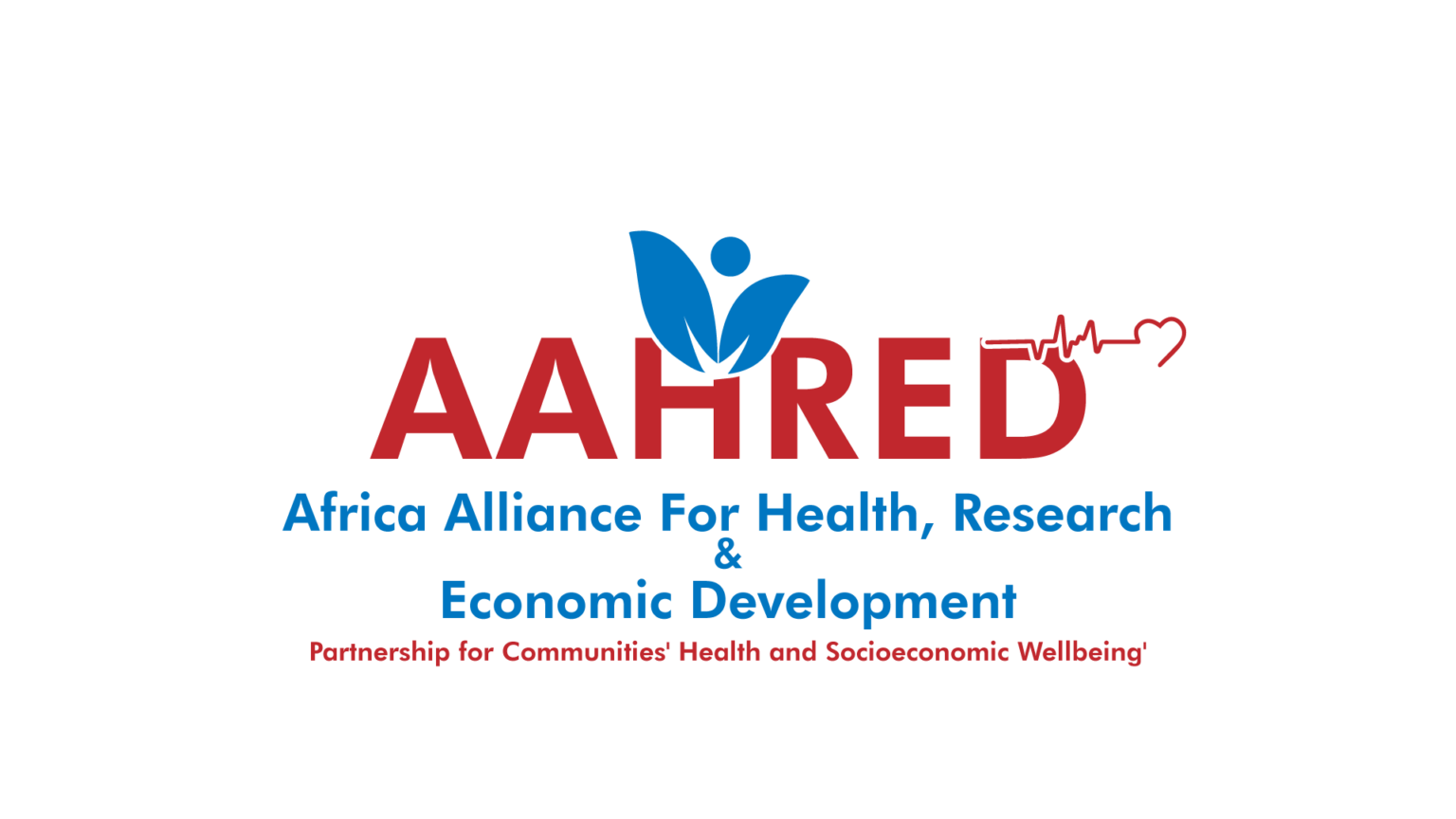Our commitment is to assist and support marginalized rural populations, especially women and children whose livelihoods and wellness are directly affected by a lack of access to safe drinking water, adequate sanitation, and hygiene. Women bear the burden of collecting water, often over long distances, for their families and communities.
We work towards the reduction of maternal, newborn, and childhood mortality in Kenya by fostering effective partnerships in water and sanitation, maternal, newborn, and child health, and infection prevention, including Typhoid Fever, Cholera, Giardia, dysentery, and hepatitis. We work to combat water-borne diseases such as tuberculosis, malaria, HIV/AIDS, and the Corona Virus while improving nutrition and overall health and well-being.
We have a critical call for greater access to safe and clean water, increased health funding and dedication to affordable healthcare, and promoting a culture of accountability by strengthening state and non-state actors’ capacities when and where they are needed.
By identifying the social benefits of access to water, sanitation, and hygiene and the economic costs avoided, we strengthen Africa’s water, sanitation, and hygiene (WASH) capacity. Women and children are disproportionately affected by a lack of water security, spending hours each day walking miles to the nearest source of water, which is frequently unfit for human consumption. Moreover, they could be spending on developmental tasks such as education, work, and family care.
If a community has access to a safe water sources, women will have more time to pursue new opportunities, and children will have more time to attend school.
AAHRED focuses on critical issues for the future of water security: population growth and climate change, while striking a balance between how much water people require and how freshwater ecosystems are preserved. We work towards accountability culture by building the capacities of state and non-state actors as needed.
